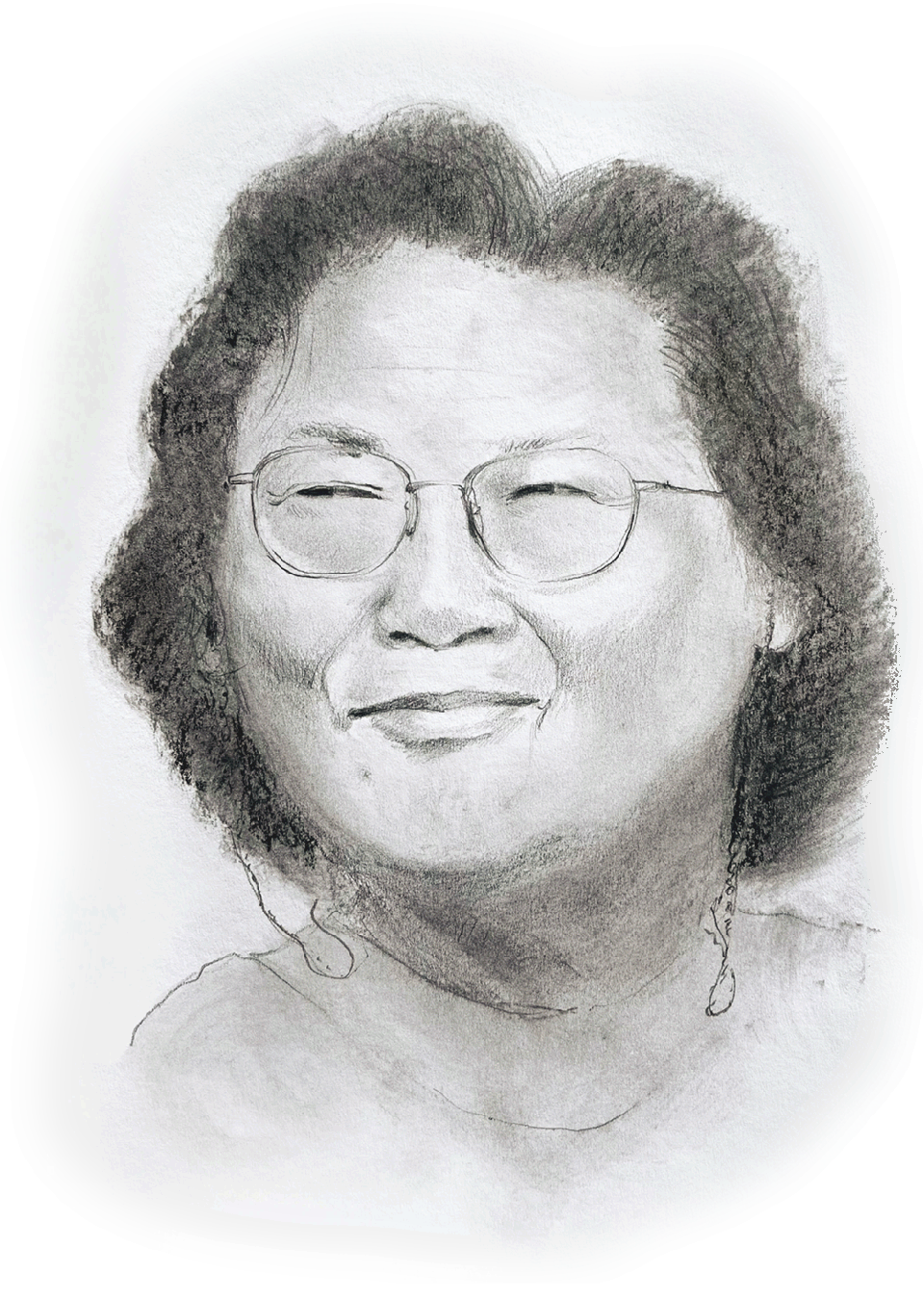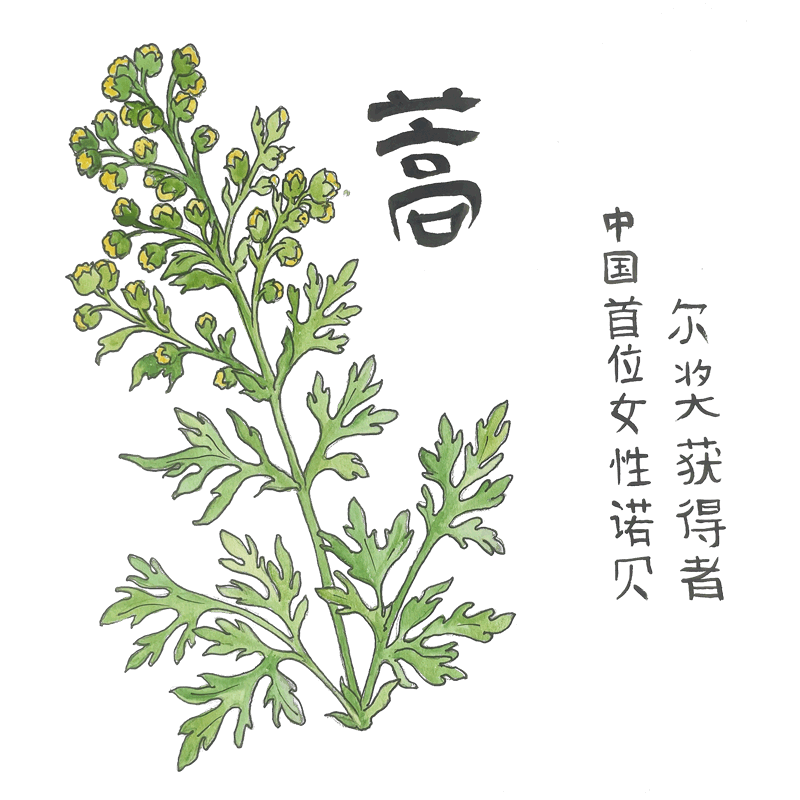November

November
Tú
Yōuyōu
Life
Tú Yōuyōu was born on the 30th of December, 1930, in the port city of Ningbo. She studied in the city’s private schools until the age of 16, when she suffered from tuberculosis and was hospitalized for two years. Her illness led her to pursue a career in medicine and she enrolled in the pharmacy department of Peking University in 1951.
At university, she received excellent training in phytochemistry and learned to extract and use the active ingredients of medicinal plants. She graduated in 1955 and was subsequently sent to the Institute of Materia Medica at the Academy of Traditional Chinese Medicine.
Work

Tú Yōuyōu’s first job was a pharmacological study of Chinese lobelia that has long been used in Chinese medicine to treat a flatworm disease. In the early 1960s, China was facing a severe malaria epidemic and the Chinese government was seeking an urgent solution to the disease. Then, Tú Yōuyōu, began researching the extract of a Chinese herb, wormwood, and in 1972 discovered the active ingredient, the artemisinin, which is effective in killing malaria parasites. With this, she made an extraordinary contribution to revolutionizing the treatment of the disease.
She was awarded the Nobel Prize for her discovery, but she herself remained humble and genuinely committed to her medical research.
The artemisinin and its derivatives have rapidly become a key component of malaria treatment, and made a significant contribution to reducing malaria morbidity and mortality worldwide.
The work of Tú Yōuyōu reinforces the importance of the Asian scientific community and its contribution to addressing global health issues. The medicine she discovered is still a key tool in the fight against malaria, especially in countries where the disease is common and threatens people’s lives.
